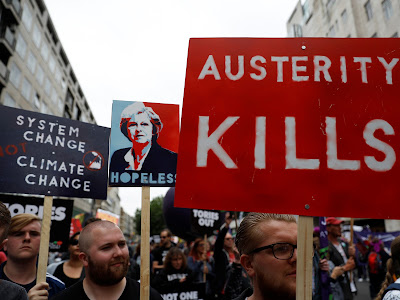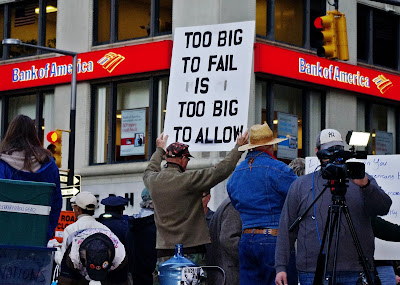Donald Trump and the Dodd-Frank Act: “The Very Worst Kind of Government Entity” Finds Its Head on the Block

Regular readers of Financial Regulation Matters (and, in truth, any financially-concerned writing) will be more than aware that President Trump has his sights set firmly on the Dodd-Frank Act’s destruction; in fact, he is unequivocal in his aims to remove regulations that ‘ enshrine too big to fail and encourage risky behaviour ’. Yet, his planned dismantling, like almost every other ‘huge’ plan that he declared on his way to the White House, has not come to fruition and the new strategy is, seemingly, based upon a piecemeal approach and taking victories whenever one presents itself; recently, with certain actions taken at a Government agency created by the Dodd-Frank Act, Trump sensed a victory and acted. Yet, things have not gone smoothly and in this post we will assess the development of this story and some of the implications. It has been suggested on numerous occasions that the roadblocks that have been erected in Trump’s remarkable path will force his Administration to th...











